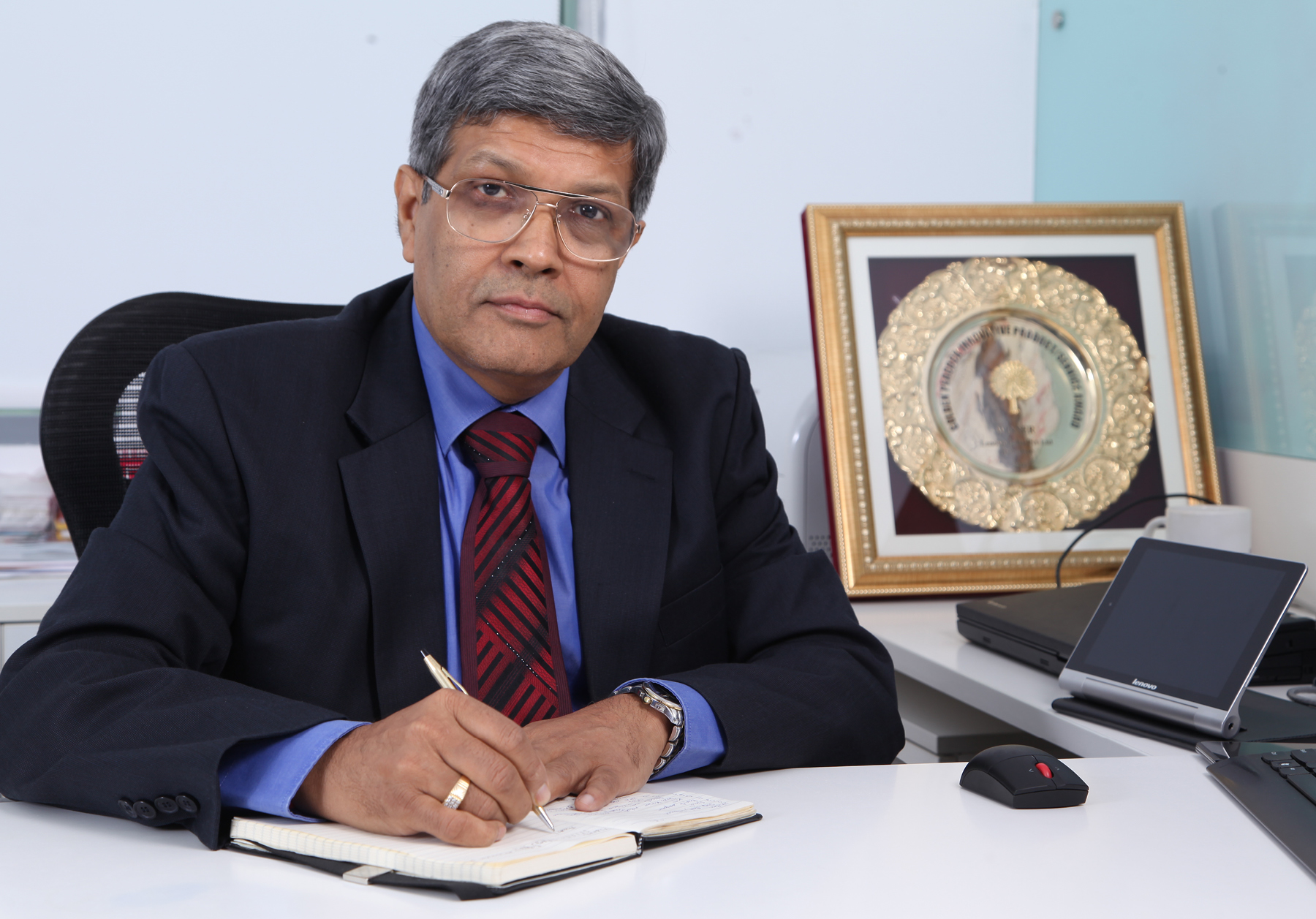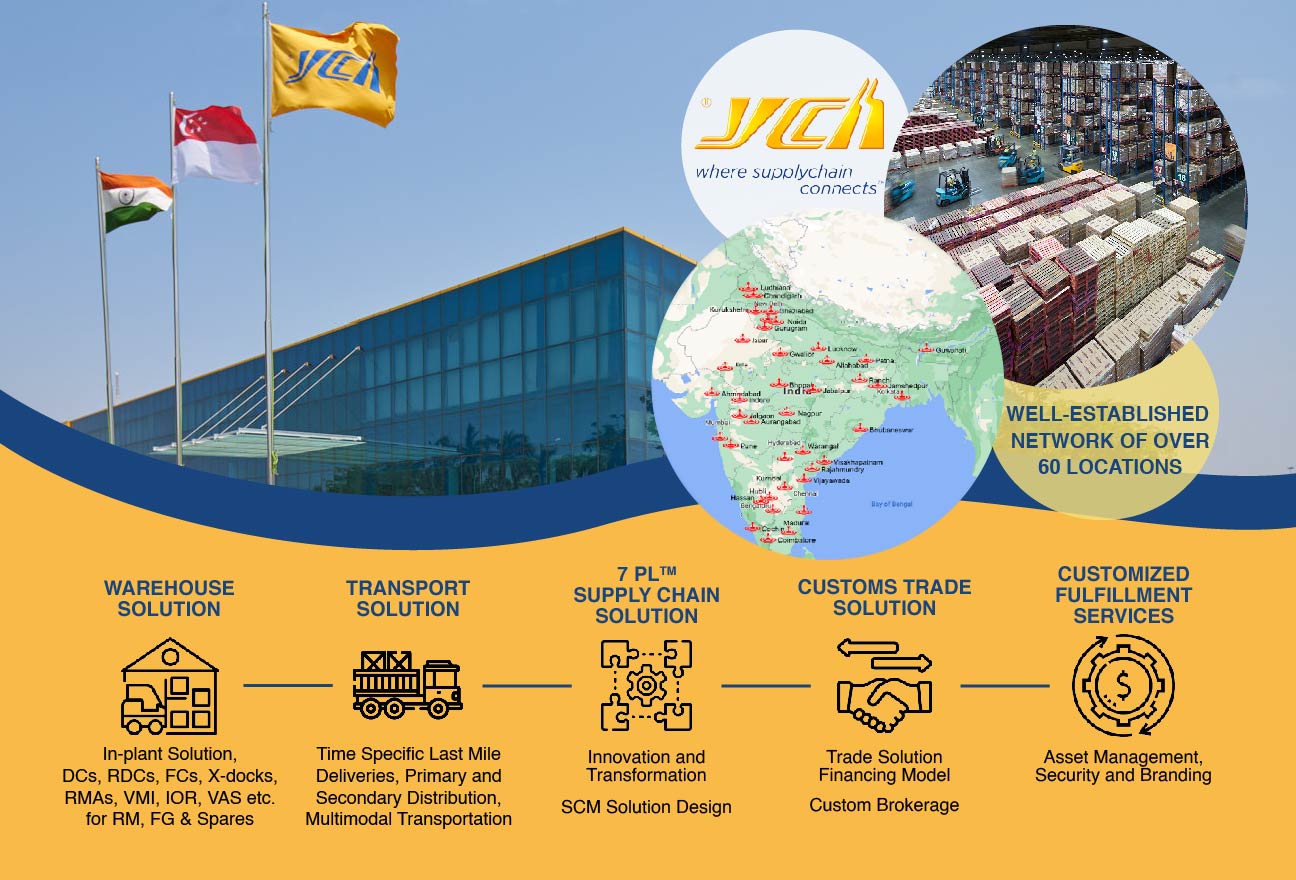As part of the Lenovo Asia–Pacific leadership team, Sudipto Ghosh has witnessed and led the company’s service operations from close quarters. Quite early in his role as Executive Director, he realised that service was going to be the differentiator in a market filled with similar products.

“My journey with Lenovo has been very, very exciting,” he tells The CEO Magazine. “You learn a lot from your failures and the lessons stay with you.”
When he joined Lenovo in 2012, he not only looked to build the company’s service network but also improve upon the customer experience previously offered by IBM. “Nowadays people are not buying the products or services,” he explains. “They’re buying customer experience. So it’s all about how you can make the customer experience better.”
According to Sudipto, a successful customer service journey consists of three key points: the effectiveness of the organisation in providing the service, the amount of effort the customer has to put in to access the service, and the emotions customers feel towards the organisation after the service event. However, he’s well aware that customer experience cannot be the sole brand differentiator – organisations have to focus on employee experience (EX) and partner experience (PX) as well.
“Customer experience comes through EX,” he explains. “What is the motivation of employees? Are we taking care of the employees? Are they finding Lenovo a good place to work? A lot of things go into improving the EX.”

We work on things that allow our partners to see their success in us.
Sudipto continues to describe the change of mindset that has improved EX in Lenovo. “We realised that our engineers are the brand ambassadors. Customer engineers should not be people who simply go to solve a problem. They have to be there to win the customers.”
He says he’s now working hard on improving the PX. “We work on things that allow our partners to see their success in us,” he says. “Similarly I also see my success in partners.” To further illustrate his point, he quotes Ratan Tata, ”If you want to walk fast, walk alone. But if you want to walk far, walk together.”
Lenovo’s partner advisory council includes each partner in its journey, surveys them and makes sure both parties find value in the relationship. The company has even gone ahead and taken partner employees into its fold. “We tell our partners that we’ll enable your employees, motivate them, reward them and recognise them,” Sudipto shares. “We’ll treat your employees as a part of the Lenovo family. This has made a lot of impact for us. We are finding that it’s giving us good leads.”
Having these healthy relationships promotes operational excellence within the company. The partners help Lenovo expand into regional markets and Lenovo bolsters the business of the partners. “They are the local heroes and they give us a lot of strength in the local market. We also share a lot of respect, which the partners like about Lenovo.”
Another theme that Lenovo follows is playing to win. “We sometimes call it play to win–win when we’re working along with our partners,” Sudipto points out. This is echoed in his perception of key partners in the consumer electronics market.

Initially it used to be a hurdle for business, then it became an enabler for business and subsequently it has become a differentiator for service sales.
“Strategy wise the majority of our partners are key partners,” he says. “There are a couple of things which make them our strategic partners. One is their complete dependency on the organisation and also the organisation’s dependency on them. We have found that their stakes are also very strong in Lenovo.”
The second, he says, is transparency. “We have multiple partners who have been working with us for years. They started with Lenovo when they were small and now their business has grown to become large. So they participate in our success and both of us have grown together.”
By focusing on different types of journeys over the years, he has completely transformed Lenovo services. “Initially it used to be a hurdle for business, then it became an enabler for business and subsequently it has become a differentiator for service sales.”
What’s Next?
“We are working on customer profiling, escalation prediction and forecasting what’s going to be our customer service pattern coming next year, next week or next hour,” Sudipto shares. “So we’re already working a lot on digital transformation – that’ll be the key differentiator for Lenovo.”
Sudipto has spent years strengthening Lenovo’s service networks to give it a point of difference from other competitors and he’s not stopping yet. Looking forward, he’s focusing on digital transformation to stay ahead of the curve. On an individual level he believes that inspirational leaders will see more success than team managers in the coming years.
“I’ve seen that people take me as an inspirational leader because of my work ethic,” he reflects. “I always feel that for the team to succeed they have to be inspired by you.”
Proudly supported by:



